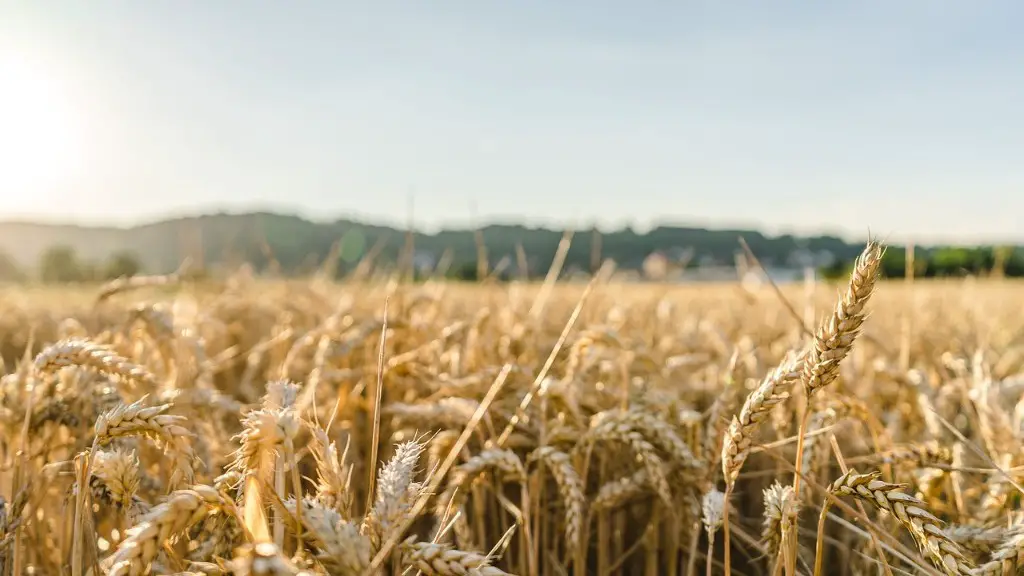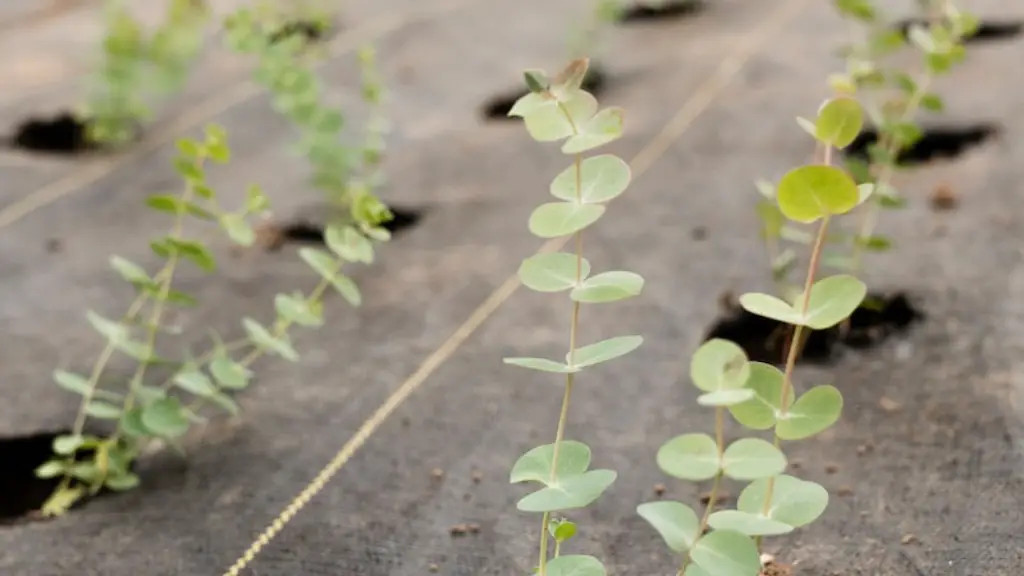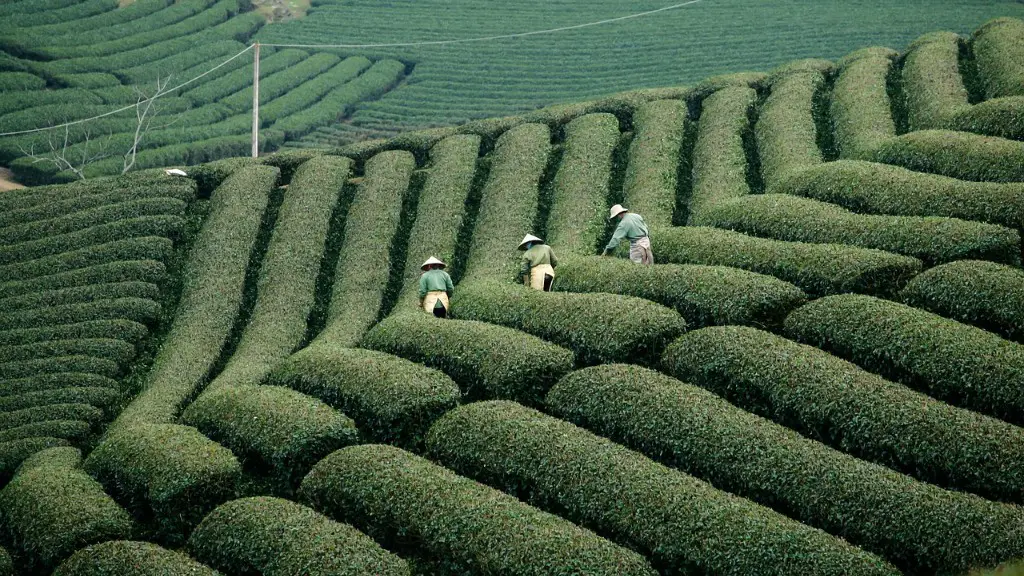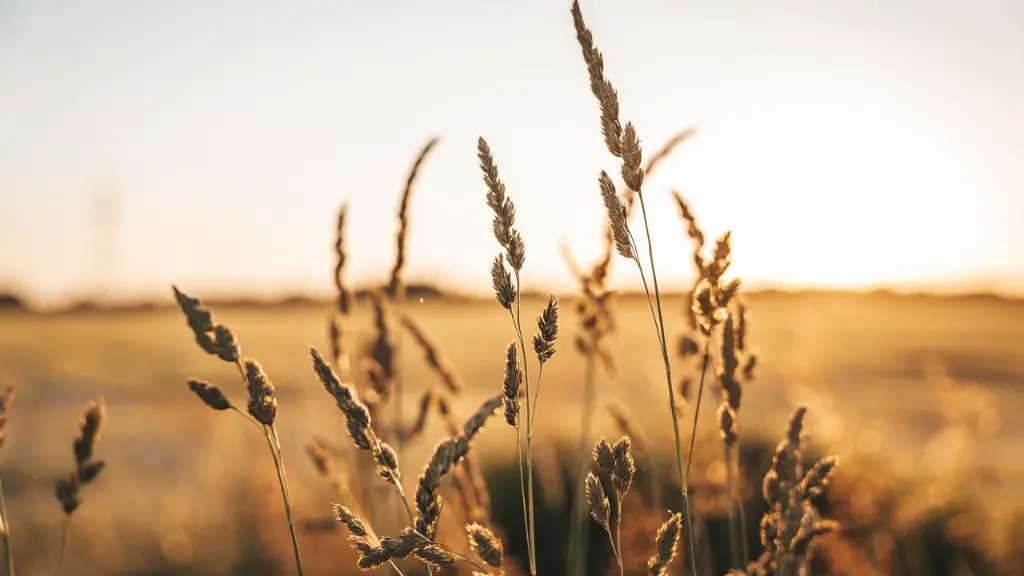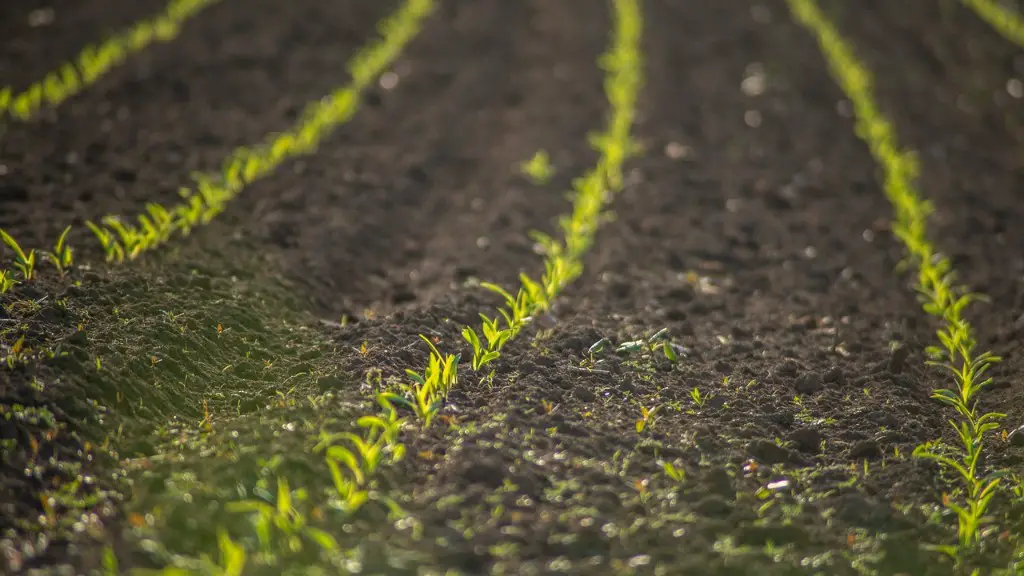Due to its effectiveness and low cost, Roundup has been one of the most widely used herbicides in agriculture for decades. However, in recent years there has been increasing public concern over its safety, particularly due to its main ingredient glyphosate. As a result, some farmers have begun to look for alternative herbicides.
There is no definitive answer to this question as it depends on the country and the specific agricultural practices being used. In some countries, Roundup is still commonly used in agriculture, while in others its use has been largely discontinued.
Do farms still use Roundup?
Although glyphosate will no longer be used for residential applications as of 2023, it will still be widely used in agriculture and will continue to be found in our food supply. This is problematic because glyphosate has been shown to harm farmers, and it is possible that it could also harm consumers.
Monsanto’s Roundup does contain glyphosate, but there are many other products that contain this herbicide as well. Monsanto has produced Roundup since it launched into the US market in 1974.
What do farmers use instead of Roundup
Organic Roundup alternatives include herbicidal soaps that use fatty acids to kill weeds and industrial vinegar, which contains much higher levels of acetic acid than what you have in your kitchen Acid-based herbicides burn down some young weeds Corn gluten meal can kill grass weeds and broadleaf weeds.
Roundup is the brand name of a systemic, broad-spectrum glyphosate-based herbicide originally produced by Monsanto, which Bayer acquired in 2018. Glyphosate is the most widely used herbicide in the United States.
Can I use Roundup in 2022?
There are no risks of concern to human health from current uses of glyphosate. Glyphosate products are safe to use when used according to label directions and do not pose a risk to children or adults.
Some oats and oat cereals contain traces of glyphosate, the active ingredient in Roundup herbicide. Government groups say these levels are safe, but science shows some potential risks that may make glyphosate free oats a better choice.
Is there glyphosate in Cheerios?
There is some debate over whether glyphosate, an herbicide found in many cereals and grain-based products, is carcinogenic. Some health experts believe that it is, while others feel that the amount present in these products is not enough to be harmful. However, more research is needed to determine the full extent of the risks posed by glyphosate exposure.
Glyphosate is a weed killer that can persist in soil for up to 6 months, depending on the climate and the type of soil it is in. Glyphosate is broken down by bacteria in the soil. Glyphosate is not likely to get into groundwater because it binds tightly to soil. In one study, half the glyphosate in dead leaves broke down in 8 or 9 days.
Is Roundup worse than glyphosate
Several studies have found that Roundup is significantly more toxic to human cells than just glyphosate. This is concerning because Roundup is one of the most widely used herbicides in the world.
The study found that When equal amounts were given orally, it took less acetic acid to kill rats in the laboratory test that it did glyphosate. The acetic acid in even household vinegar was MORE toxic than Roundup!
What foods are high in Roundup?
Glyphosate is a herbicide that is commonly used on corn and soy crops. However, it is also used on other crops such as chickpeas, wheat, and oats. The EPA has approved the use of glyphosate as an herbicide, but there is also a more controversial “off-label” use for it.
If you’re looking for a natural way to control weeds, you can try spraying them with white vinegar. Grocery store vinegar will do the trick, but you may get better results with a more acidic vinegar from a home and garden store. You can also add a little rock salt to the vinegar for extra weed-killing power.
Does Roundup have a new formula
Roundup is an herbicide produced by the company Monsanto that farmers and agricultural workers have used for decades to rid their crops of unwanted vegetation and weeds. Roundup’s formula has not changed in the United States since the 1970s and includes a possible carcinogen known as glyphosate. While glyphosate is the active ingredient in Roundup, it is only one of many possible ingredients that could be present in the herbicide.
Glyphosate is a widely used herbicide that has been linked to a number of health concerns. These include an increased risk of cancer, endocrine-disruption, celiac disease, autism, and effect on erythrocytes. Glyphosate has also been shown to cause leaky-gut syndrome. While glyphosate has excellent properties of fast sorption in soil and biodegradation, these potential health risks warrant further investigation.
What is the difference between Roundup and glyphosate?
Glyphosate is a chemical compound that is used in herbicides, while Roundup is a product that contains glyphosate. Some people who are not that familiar with herbicides tend to interchange the two items.
Roundup is a weed killer that is sold in stores across the United States. It is not currently banned by the federal government, although some states have taken steps to restrict or prohibit its use.
Why can Roundup still be sold
Hi!
Thanks for taking the time to contact me. I would prefer if you could contact me via email at ___________. I typically check my email a few times throughout the day and would be able to respond relatively quickly. Thanks!
A healthy, vigorous lawn will naturally suppress a majority of weeds without the need for chemical herbicides. Chemical fertilizers and pesticides can damage soil life and wildlife, so it is always best to avoid them.
Warp Up
Yes, Roundup is still used in agriculture.
Yes, Roundup is still used in agriculture.
